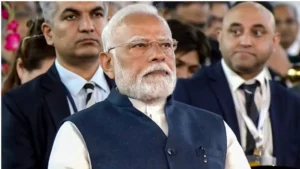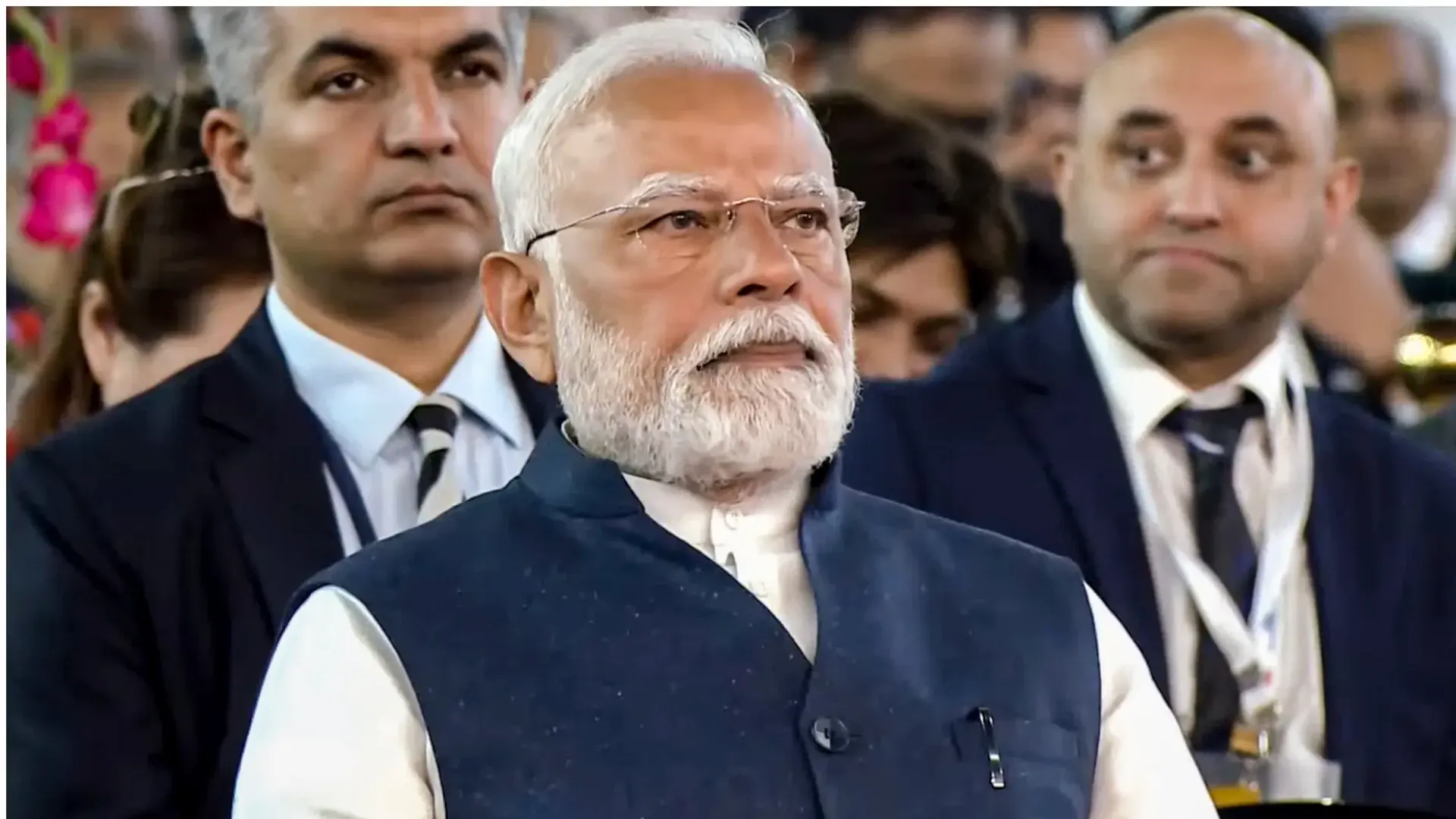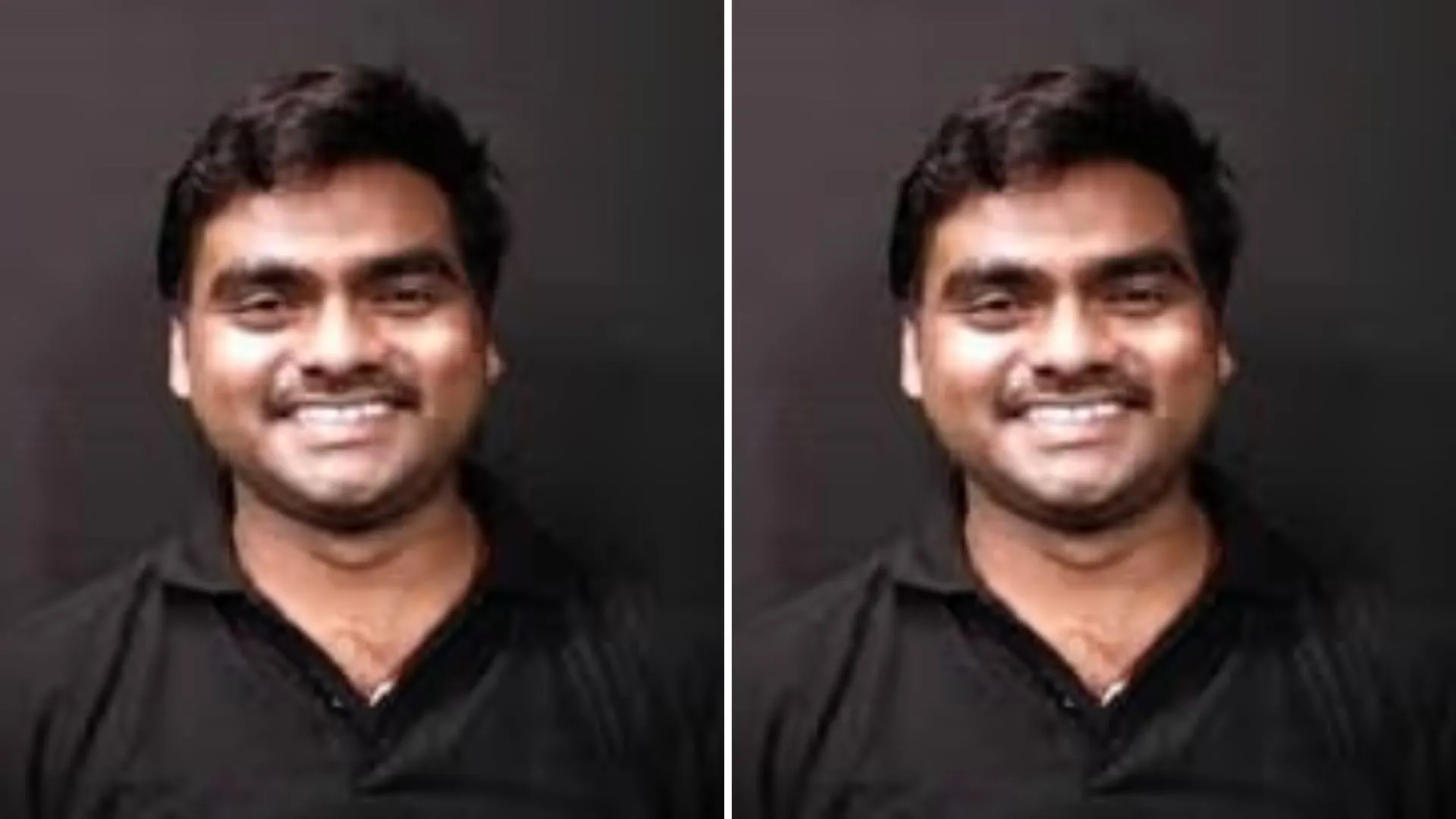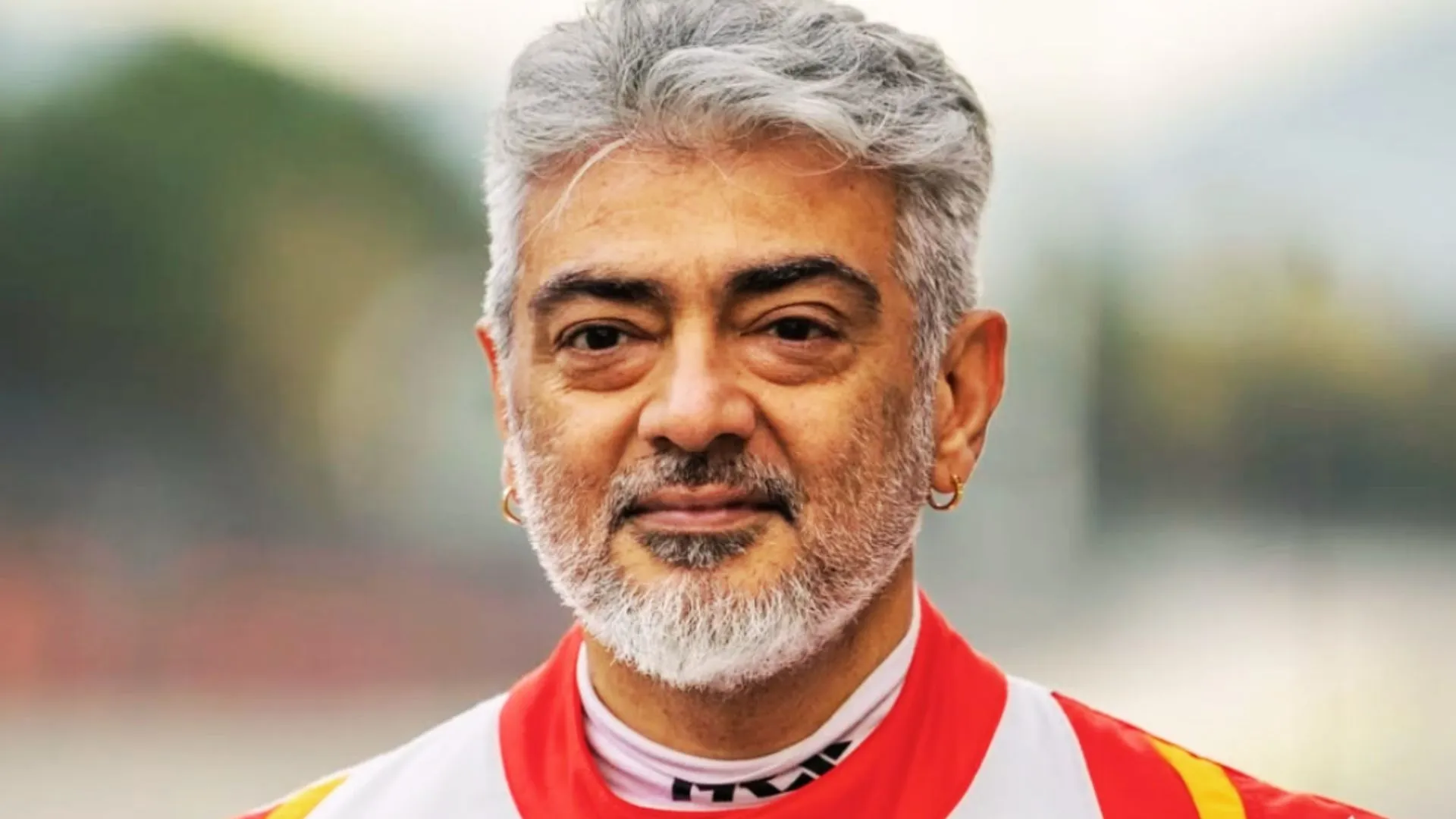In a powerful judgment upholding the foundations of India’s parliamentary democracy, the Supreme Court on Tuesday declared that Tamil Nadu Governor RN Ravi acted illegally by withholding assent to 10 bills passed by the state assembly.
The court stated clearly that the Governor has no absolute discretion in this matter and must act based on the aid and advice of the Council of Ministers. The ruling came from a bench comprising Justices JB Pardiwala and R Mahadevan, marking a significant moment for Centre-state relations.
Governor’s Move Deemed Unconstitutional
The court overturned RN Ravi’s decision to reserve the bills for the President, calling it “arbitrary, illegal and erroneous in law”. It added that such a move was liable to be set aside, and clarified that these 10 bills would be deemed approved from the date they were re-submitted to the Governor by the state assembly.
“The Governor must assent to bills that are passed again after reconsideration by the Assembly. He cannot exercise a pocket veto or delay action indefinitely,” the court observed.
Article 200 Under Scrutiny
Citing Article 200 of the Indian Constitution, the court explained that a Governor has only three options:
-
Give assent
-
Withhold assent
-
Reserve the bill for President’s consideration
But none of these actions, the court emphasized, can be taken without the council’s advice. And once the Assembly passes a bill for the second time, the Governor must give assent—unless the bill is entirely different.
The court even introduced strict timelines:
-
One month if withholding assent with the council’s advice
-
Three months if acting contrary to it
-
One month if the bill is re-presented after reconsideration
Any delay beyond these limits will now invite judicial review, a critical check on gubernatorial power.
MK Stalin Celebrates Verdict
Tamil Nadu Chief Minister MK Stalin hailed the verdict as “historic” and a win for federalism. “This is not just a victory for Tamil Nadu but for every Indian state. DMK will continue to fight for state autonomy,” he said.
Stalin had earlier alleged that Governor Ravi was attempting to block progressive initiatives and that non-BJP ruled states were being systematically targeted through centrally-appointed Governors.
History of Friction Between Raj Bhavan and Secretariat
Ever since taking office in 2021, RN Ravi’s relationship with the Tamil Nadu government has been tense.
-
In 2023, he walked out of the Assembly during the Governor’s address, demanding the National Anthem be sung at the beginning as well.
-
In 2022, he refused to read portions of his address that included names like BR Ambedkar, Periyar, CN Annadurai, and even the phrase “Dravidian Model”.
-
Ravi has often withheld or delayed appointments and approvals, prompting allegations of political bias.
The bench issued a heartfelt reminder: “Governors must act as friends, philosophers and guides not disruptors. Their role is not political, but constitutional. They must help the democratic machinery function smoothly, not bring it to a halt.”
ALSO READ: Daily Walks, Salt & Sugar Cut: Here Is Chandrababu Naidu’s Formula For A Healthier Andhra Pradesh























